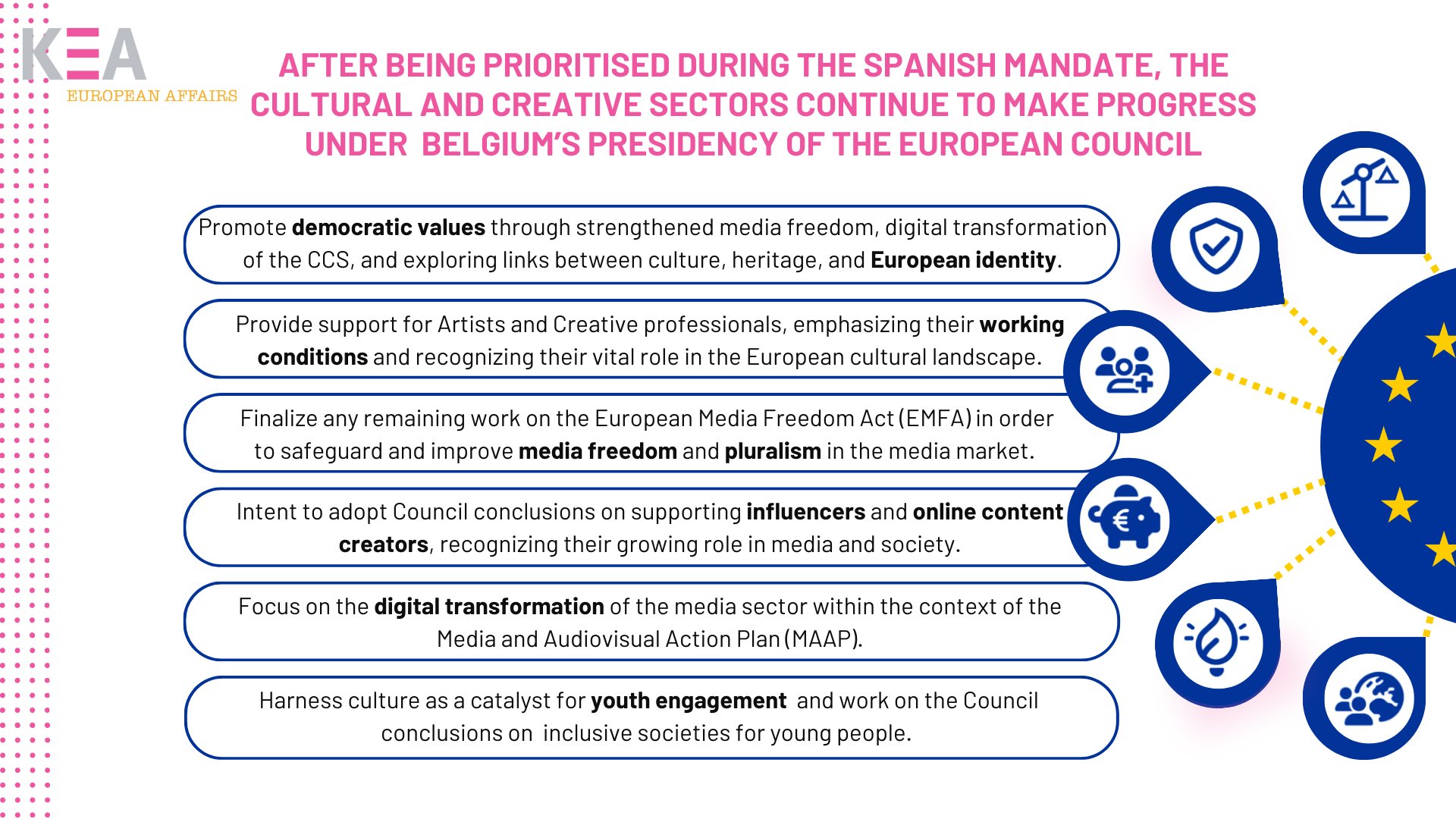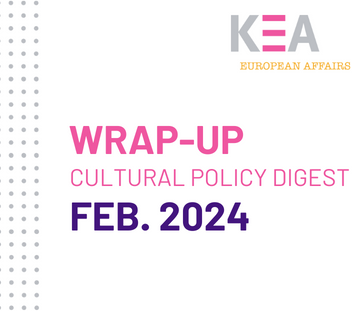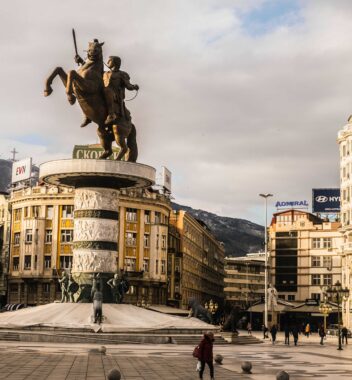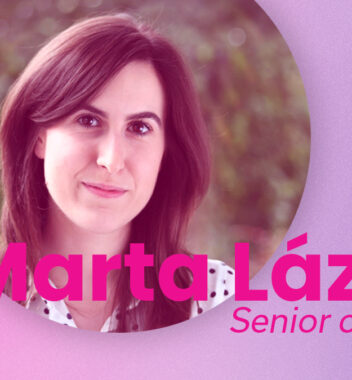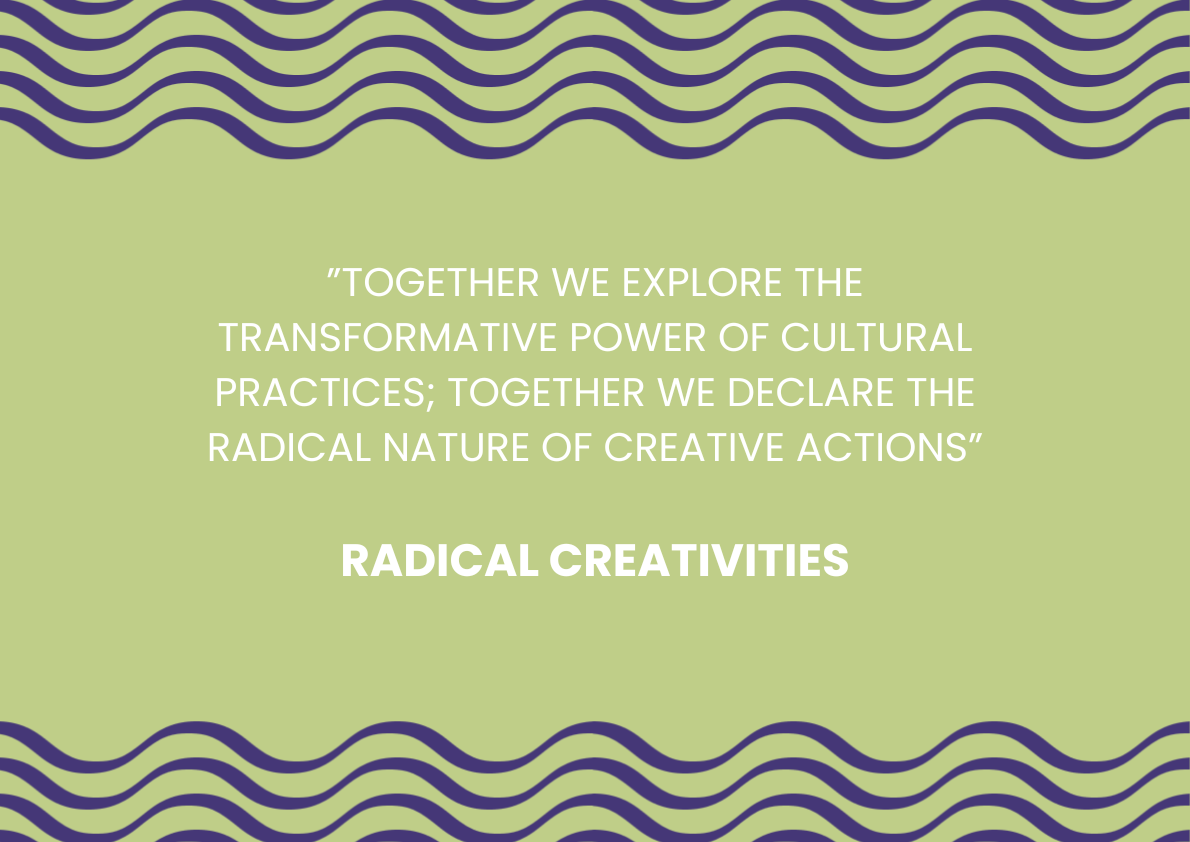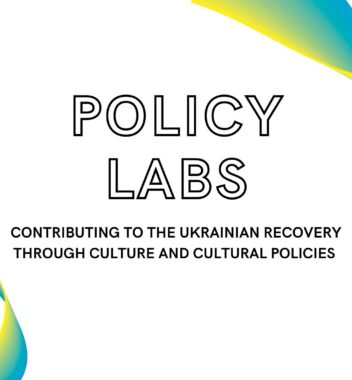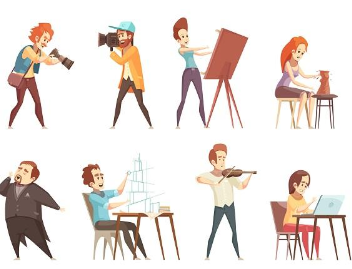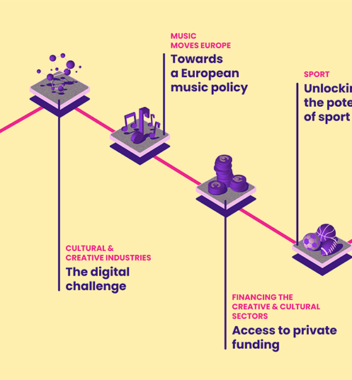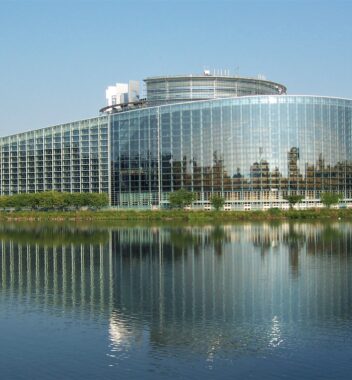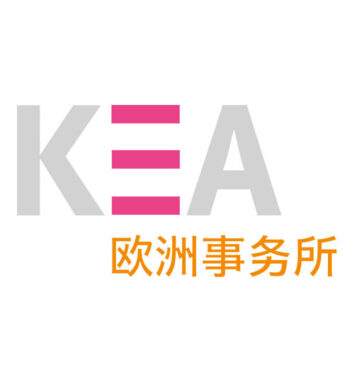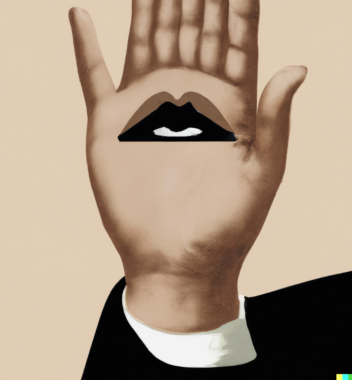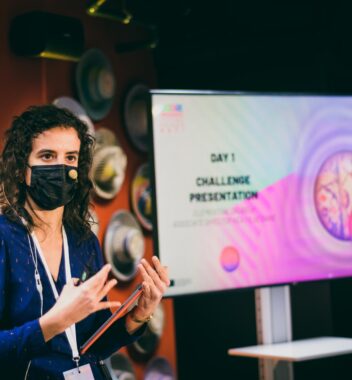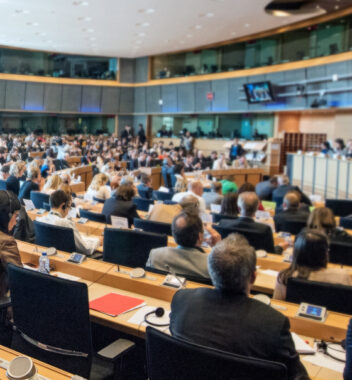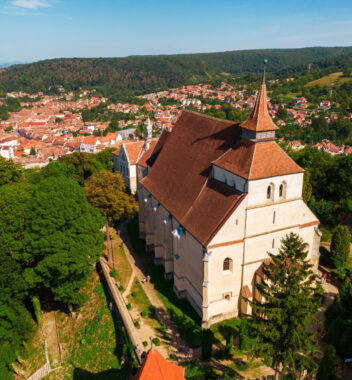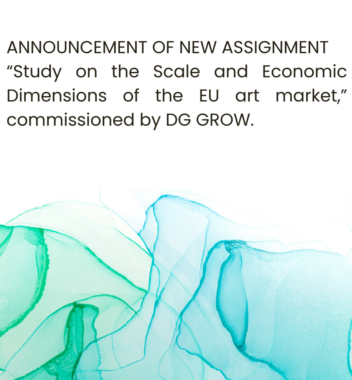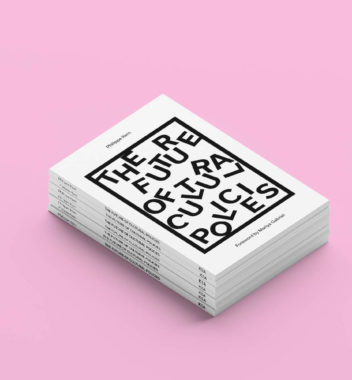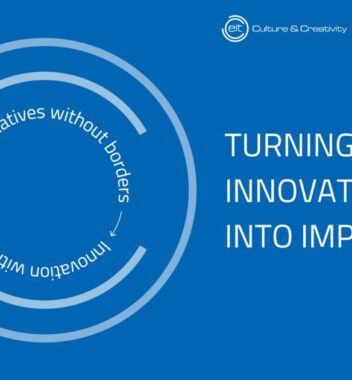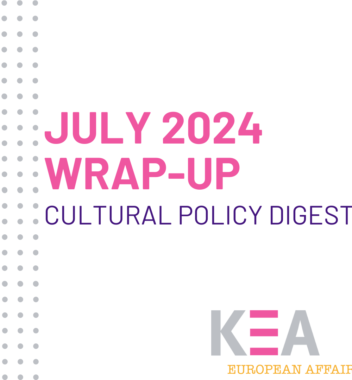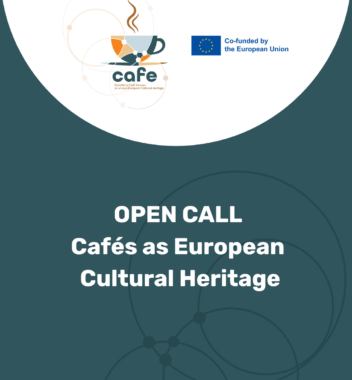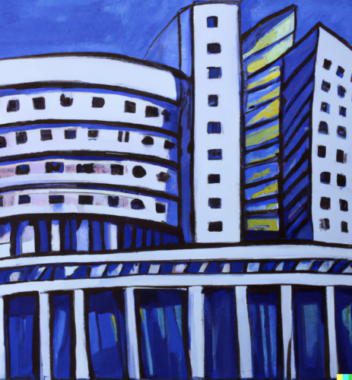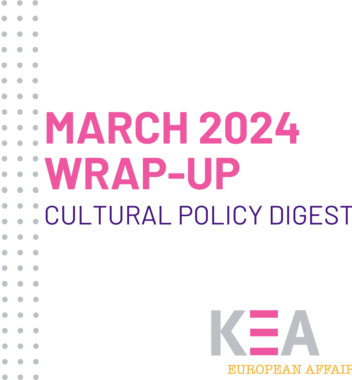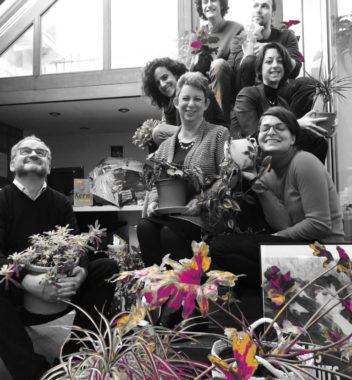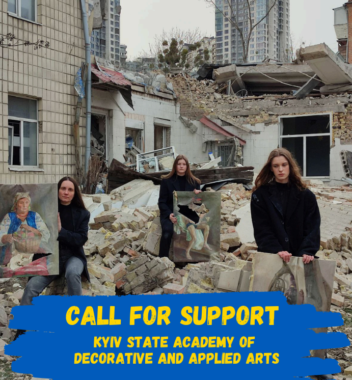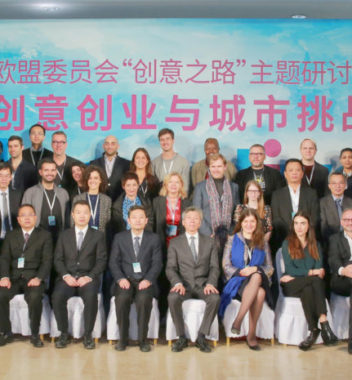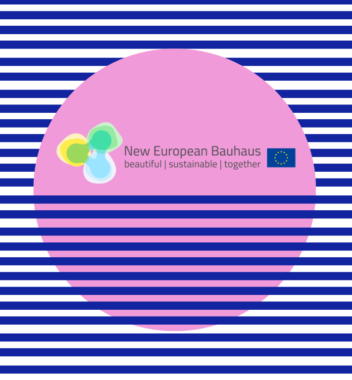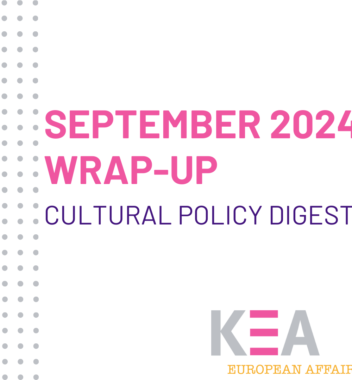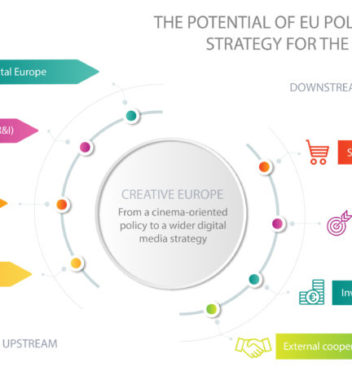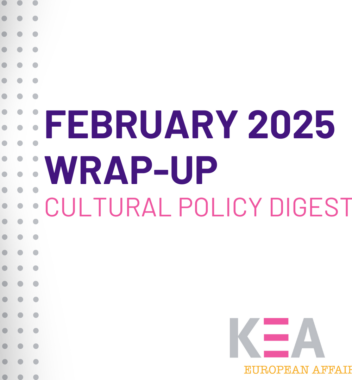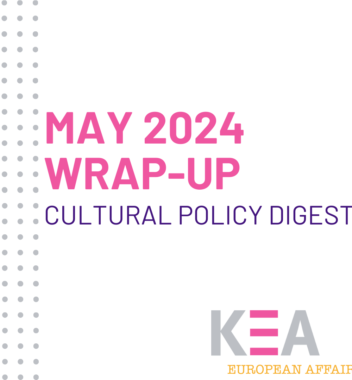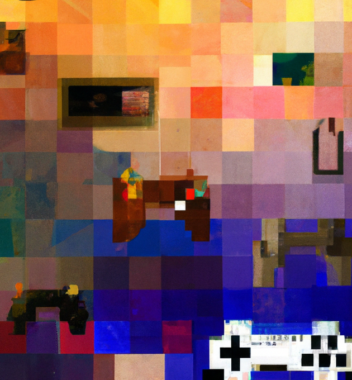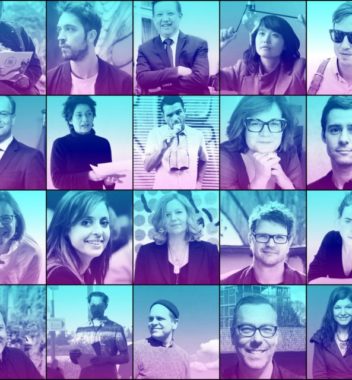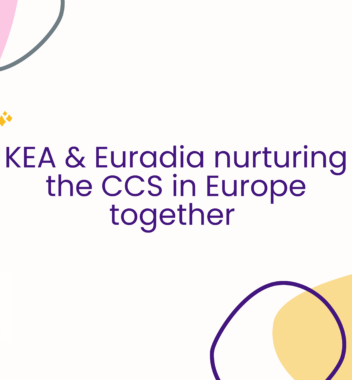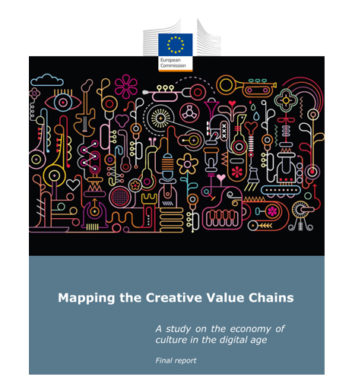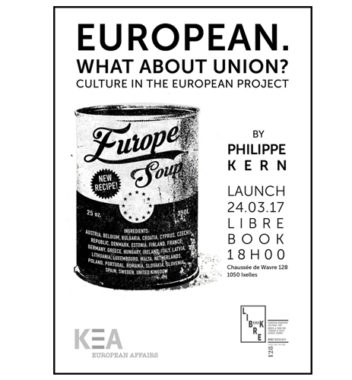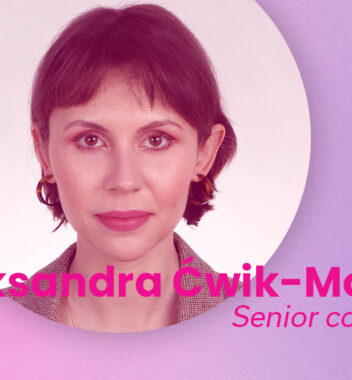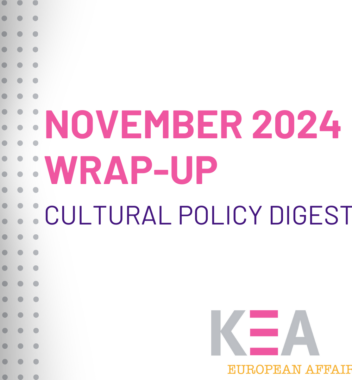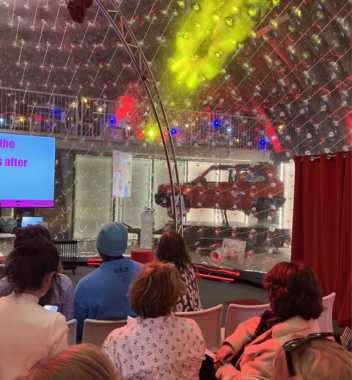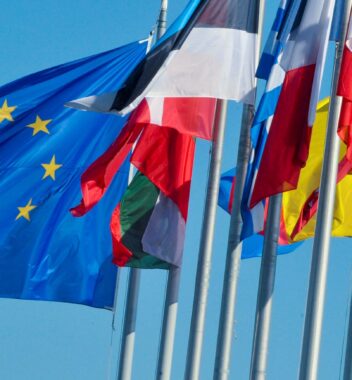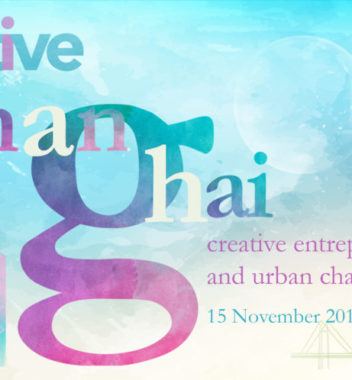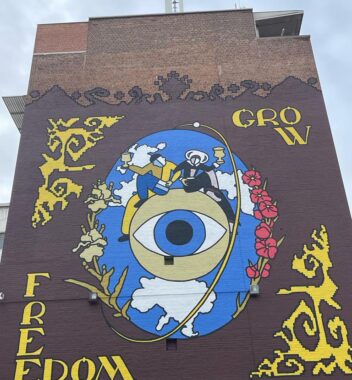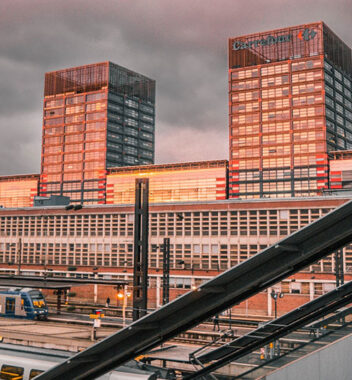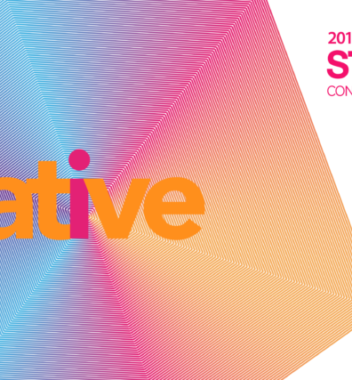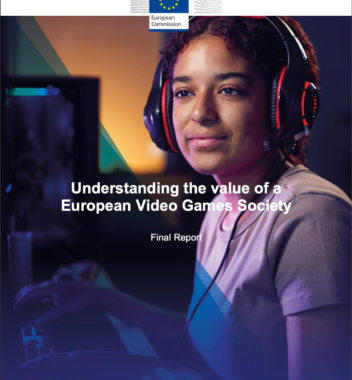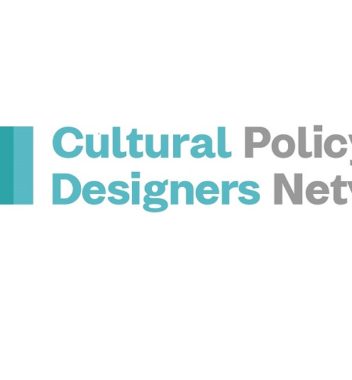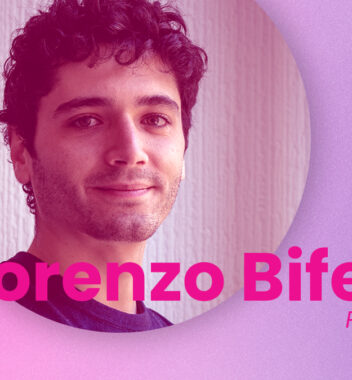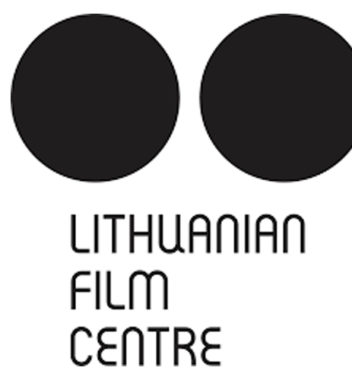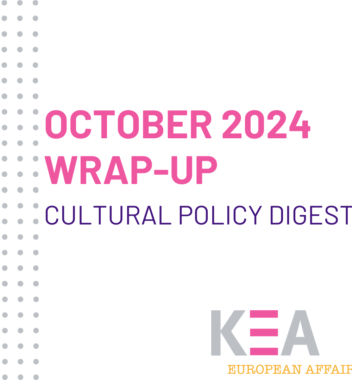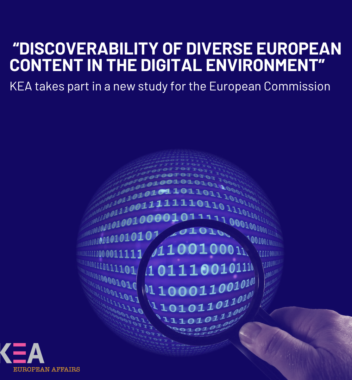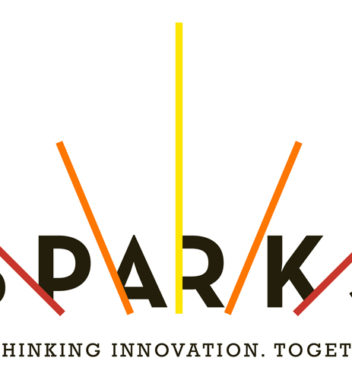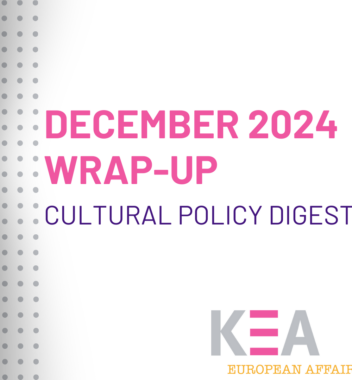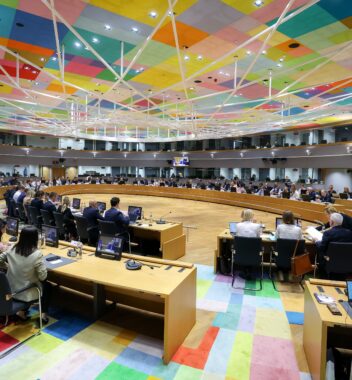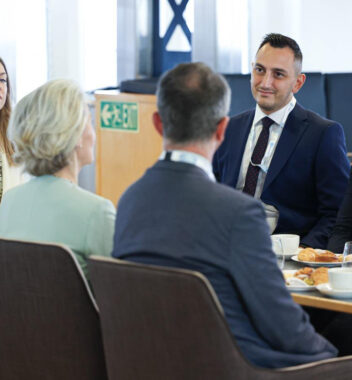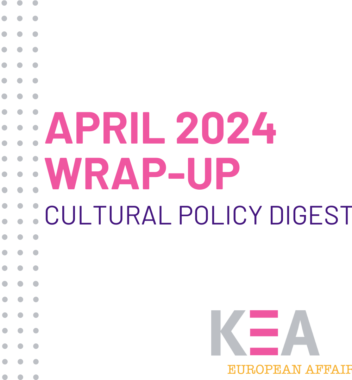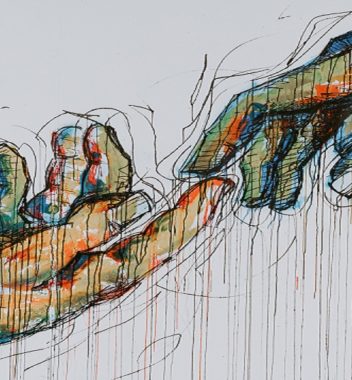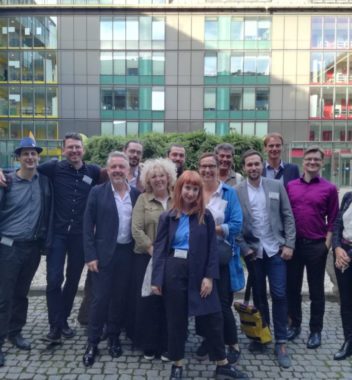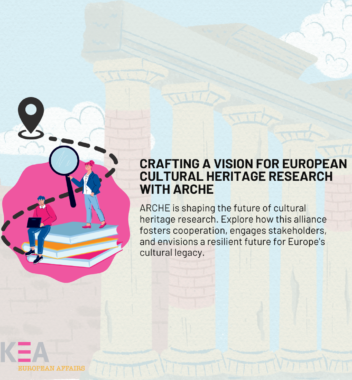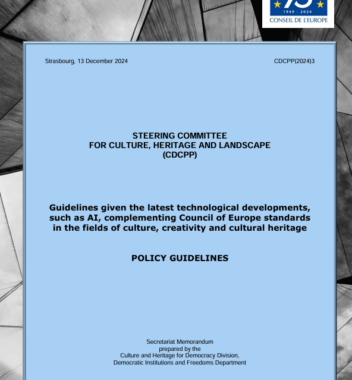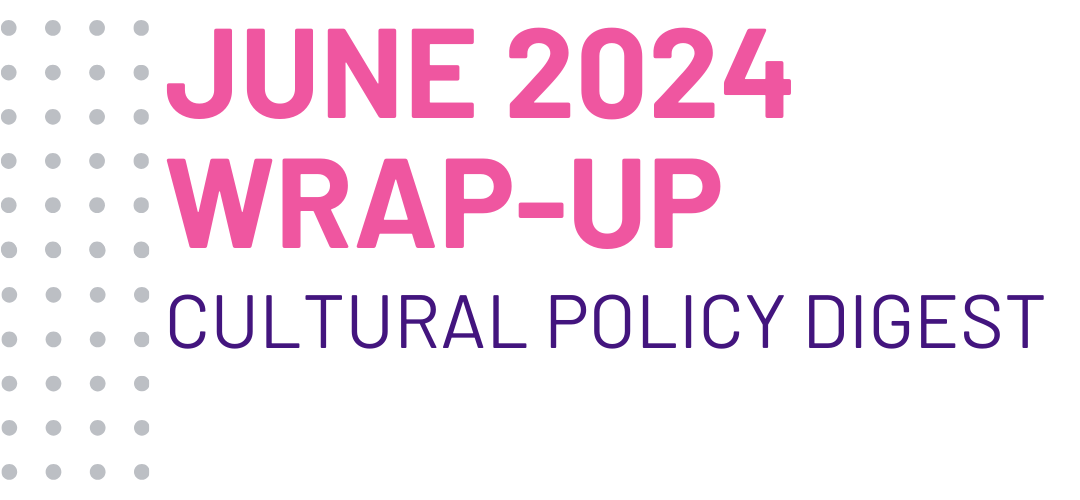
On July 1st, Hungary commenced its presidency of the Council of the European Union, one of the three main institutions involved in EU decision-making. This Council is comprised of ministers from each EU Member State, who together with the European Parliament, negotiate and adopt legislative proposals. The presidency rotates every six months, with Hungary succeeding Belgium, which held the position from January to June 2024. Hungary’s term will extend until December 31, 2024, aligning with a transitional period in the European Parliament and the European Commission. Throughout this time, Hungary will ensure the continuity of the Council’s work in collaboration with the newly constituted European Parliament and Commission.
Before addressing the cultural policies under the new presidency, it is pertinent to reflect on the accomplishments of Belgium’s term.
Achievements in Culture and Creative Sectors from the Belgian Presidency of the Council
In January, the Belgian Presidency outlined six priorities for its mandate which we commented on emphasizing the role of culture and creativity in fostering unity, innovation, and resilience across the EU, and how these could be reflected in policies that drive Cultural and Creative Sectors (CCS) forward.
Produced by KEA European Affairs after https://belgian-presidency.consilium.europa.eu/en/programme/priorities/ , © KEA European Affairs, January 2024.
The presidency’s primary responsibility was to advance legislative work, successfully concluding 74 agreements and securing 57 Council-level negotiating mandates. One of the notable achievements was the adoption of the Artificial Intelligence Act, which has significant implications for the CCS, especially regarding copyright compliance and innovation within the sector as we discussed in this comprehensive article.
In terms of social and fundamental rights, the Belgian Presidency made strides in improving working conditions for online platform workers, recognizing their integral role in the EU’s media ecosystem. However, discussions on the working conditions of artists remained unresolved, which is concerning given that the Creative Pulse Survey detected that More than 84% of respondents reported that they are not fairly remunerated for their work in the cultural sector. Almost half of the respondents reported experiencing poor working conditions, with freelancers and self-employed individuals being in a particularly difficult situation.
During the Education, Youth, Culture, and Sport Council held in May, ministers approved conclusions on empowering the CCS through data-driven audience development . They encouraged member states to adopt data-driven approaches to enhance audience engagement and foster cultural diversity, social cohesion, and democracy. The Council also debated the future impact of artificial intelligence on the CCS . Audience development provides an opportunity to build meaningful and interactive relationships with diverse audiences, to improve user experience and to foster cultural diversity and development, social cohesion and democracy. In its conclusions, the Council highlighted the importance of stimulating the digital transformation of the CCS, encouraging research, and fostering cross-sectoral and cross-border collaboration. It advocated for developing standards and frameworks to support the CCS in managing audience data, which is crucial for evidence-informed policymaking .
“Today’s discussion could not have come at a more relevant moment. Technological progress is changing the EU’s cultural and creative landscape at an astonishing rate – for better, but also potentially for worse. We need to develop both appropriate legislation and the digital capacities of our cultural and creative sectors if we are to respond swiftly and effectively to the challenges and opportunities that AI presents.”, Jan Jambon , Minister-President of the Flemish Government.
The Council also approved conclusions on supporting at-risk and displaced artists, stressing the need to protect and support these artists against threats and violations that endanger their creative freedom. Measures such as ‘cities of refuge’ and emergency artistic residencies were discussed to promote their integration into local communities .
The Belgian Presidency placed a strong emphasis on empowering and including citizens, particularly focusing on youth participation. The Council’s conclusions on inclusive societies for young people highlighted culture’s role as a catalyst for youth engagement and combating discriminatory attitudes. The EU Youth Conference held in Ghent resulted in recommendations to promote cultural exchange:
“To tackle discriminatory attitudes and cultures, continuous learning with a focus on acceptance and awareness of diversities should be promoted at all stages of a citizen’s life. The learning material should emphasise cultural exchange, inclusivity, intersectionality and mixing of societal groups.”
A key achievement of the Belgian Presidency was securing enduring aid to Ukraine, primarily through the Ukraine Facility , which will provide Ukraine with €50 billion in EU financial support for rehabilitation, reconstruction and modernisation in regular instalments by 2027. The presidency also obtained adoption of the Implementing Decision on the Ukraine Plan, which will guide the reconstruction and modernisation of the country. Amid the ongoing conflict, it is important to support Ukraine’s cultural and creative sectors, recognizing their pivotal role in rebuilding the nation’s spirit and identity. Read more about KEA’s contribution to modelling Ukraine’s recovery from the CCS here .
Finally, to mark its presidency, Belgium organized numerous cultural and artistic events across the country. An ambitious and diverse cultural program comprising 65 events was implemented aimed to celebrate Belgian culture, highlight the EU’s role in Belgium, and explore the historical, political, and social aspects of the European Union.
Access here the full press-release.
The Hungarian presidency

Hungarian priorities pictogram © Hungarian presidency
The Hungarian Presidency has set ambitious goals for enhancing cultural participation, protecting cultural heritage, and promoting media literacy. By aligning with the European Work Plan for Culture 2023-2026 and addressing demographic and societal challenges, Hungary aims to strengthen the role of culture in building a resilient and inclusive European society.
In cultural heritage protection, the presidency aims to promote digital access to cultural heritage and increase the visibility of cultural cooperation activities. The Hungarian Presidency places a strong emphasis on strengthening the resilience of cultural heritage against climate change and natural or man-made disasters. Additionally, there is a focus on exploring the synergies between the New European Bauhaus initiative and the restoration of architectural heritage, advocating for value-preserving renovation in alignment with sustainability goals.
The presidency’s cultural program includes the key conference titled “Access is Success – Opportunities and Challenges of Accessing Culture in Contemporary Europe,” scheduled for September 18-20 in Budapest. This event will highlight the roles of culture in fostering social cohesion, community-building, and mental health.
The presidency also aims to integrate cultural heritage protection into the European external policy framework, promoting the implementation and review of the Council Conclusions on cultural heritage in conflicts and crises (2021) . Strengthening the external dimension of cultural diplomacy within the Council, particularly focusing on cultural heritage protection, is another goal.
Culture and cultural heritage are also relevant aspects of the strategy for fighting antisemitism. The presidency will review national strategies against antisemitism and plans to adopt a Council declaration on the subject, incorporating cultural and educational cooperation with Jewish communities and their international organizations.
In the field of audiovisual media, the Hungarian Presidency plans to emphasize media literacy education, particularly for children. The objective is to identify and implement policy measures that enhance media literacy skills at both national and EU levels, assess existing gaps based on member states’ experiences, and determine effective intervention areas.
The Hungarian Presidency will commence the implementation of the Strategic Agenda 2024–2029 , which outlines long-term guidelines for the EU’s future work. Adopted on June 27, 2024, the agenda is based on three pillars: a free and democratic Europe, a strong and secure Europe, and a prosperous and competitive Europe. Cultural diversity and the promotion of European cultural heritage are highlighted as crucial for achieving a free and democratic Europe. The bottom line is: “Our values are our strength. We will protect and promote our founding values – respect for human dignity, freedom, democracy, equality, the rule of law and respect for human rights, including the rights of persons belonging to minorities – which remain the cornerstone of our Union”.
The Hungarian Presidency began with some challenges, as articles highlighted Hungary’s complex relationship with the EU. Despite these issues, the presidency is focused on advancing the Council’s agenda and making positive contributions to the EU’s cultural and creative sectors, which we will closely monitor.
Read the full programme of the Hungarian Presidency here.
Integrating culture in the UN’s pact for the future
Arts, culture, and heritage are now prominently featured in the revised draft of the UN Pact for the Future, a strategic document presenting a roadmap for achieving the Sustainable Development Goals by 2030.
The revised draft calls for culture to be integrated into economic, social, and environmental policies as a standalone goal, highlighting its significance for achieving the Sustainable Development Goals by 2030. Culture is recognised as an integral component of sustainable development by the Pact for the Future of the United Nations. The current revision of the Pact calls for including culture in economic, social, and environmental policies as a standalone goal, emphasizing its role in fostering a sense of identity and social cohesion.
The Pact, currently under negotiation, is set to be adopted at the Summit of the Future in September 2024. This summit aims to enhance global governance for both present and future generations, reinforcing the importance of cultural diversity and heritage as pillars for a sustainable and cohesive global community.
EU elections results
In the recent European elections, only 11 out of the 28 Members of the European Parliament (MEPs) on the Committee on Culture and Education were re-elected. The returning members include Chair Verheyen (EPP, Germany), Negrescu (S&D, Romania), Farreng (RE, France), Griset (ID, France), Heide (S&D, Austria), Joveva (RE, Slovenia), Matic (S&D, Croatia), Riba (S&D, Spain), Sempere (S&D, Spain), Walsh (EPP, Ireland), and Zver (EPP, Slovenia). You can access the full list here.
From July 16-19, during the constituent plenary session, the European Parliament will elect its President and establish various committees, including the CULT. The newly established committees will convene from July 22-25 to elect chairs, vice-chairs, and coordinators.
Another significant upcoming development is the appointment of the new European Commissioner for Culture. Each Member State will nominate candidates for the role of European Commissioner, who will undergo hearings in the European Parliament before the voting section. The appointment of the new Commissioner is expected by November.
For more details, you can read our May wrap-up, which covers the Final Activity Report of the Committee on Culture and Education (CULT) extensively here .
More Cultural policy news
The European Commission has launched a public consultation to gather feedback from the general public as well as those directly involved in or benefiting from the Creative Europe programme. The consultation is open until 6 September 2024. You can participate by filling out the survey here.
Mario Draghi, former President of the European Central Bank and Prime Minister of Italy, is preparing a report on the future of European competitiveness. This report aims to define the strategic priorities of the European Commission for the 2024-2029 policy cycle. Culture Action Europe is advocating for culture to be recognized as a potential driver of the EU’s competitiveness and innovation. You can read their open letter here.
